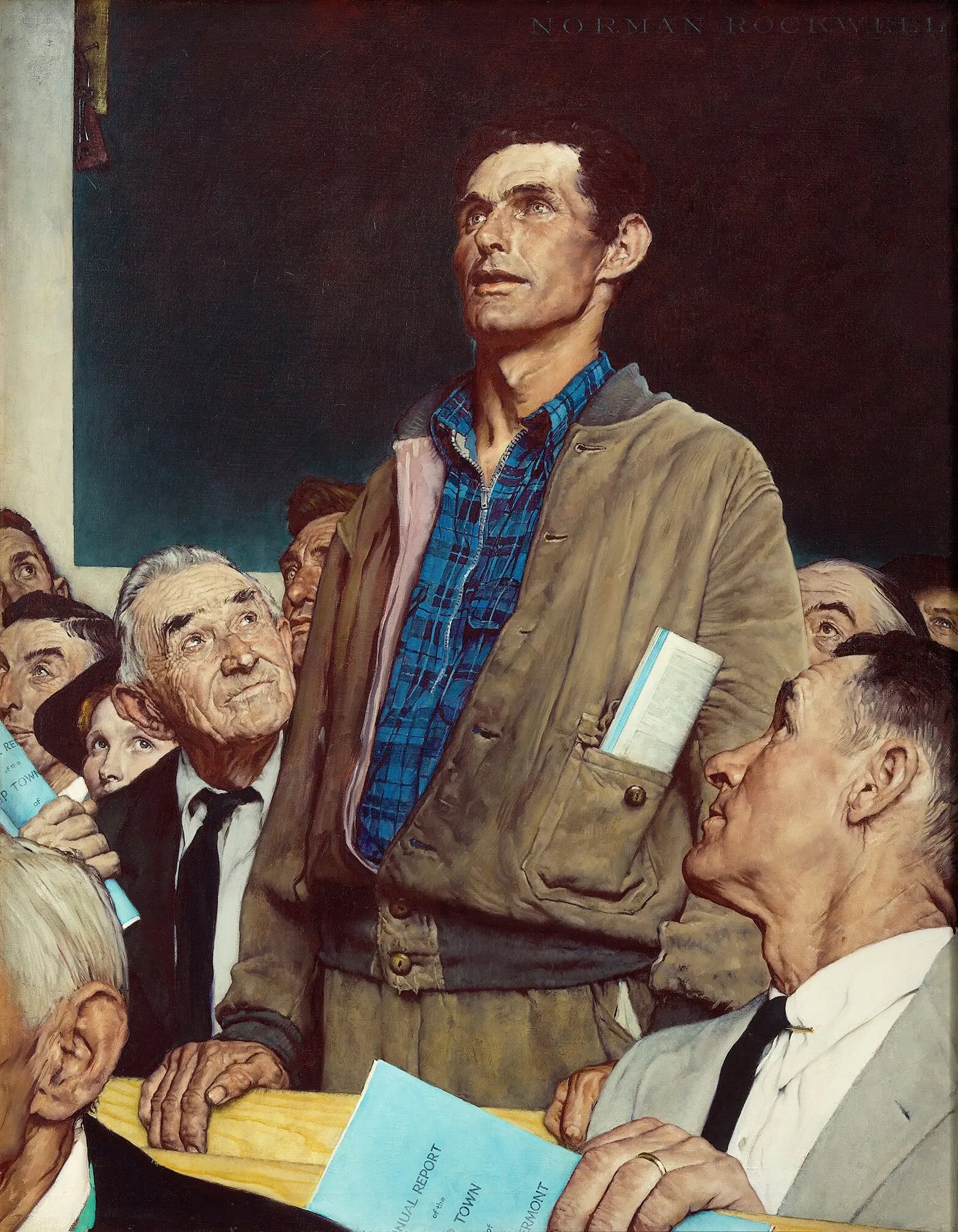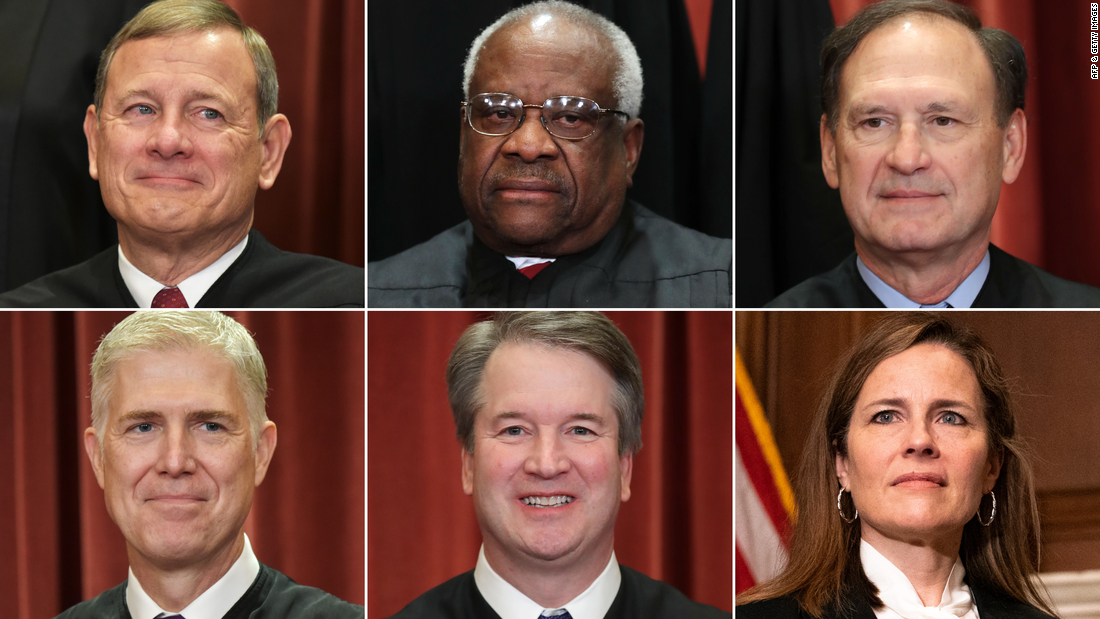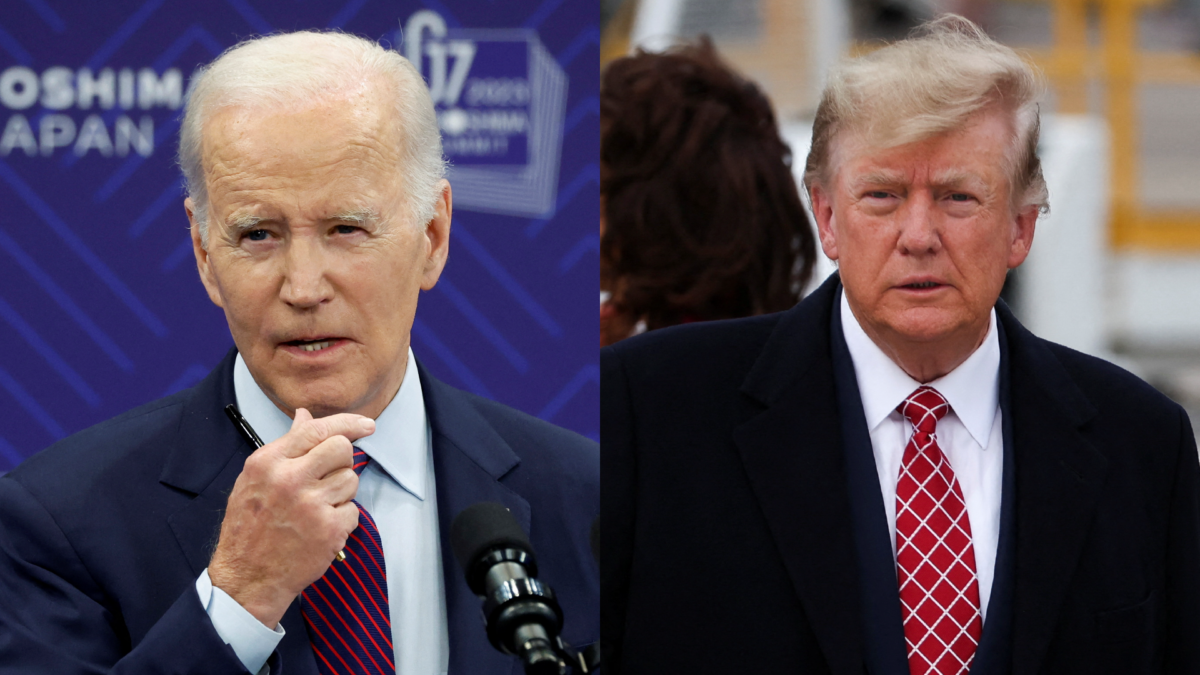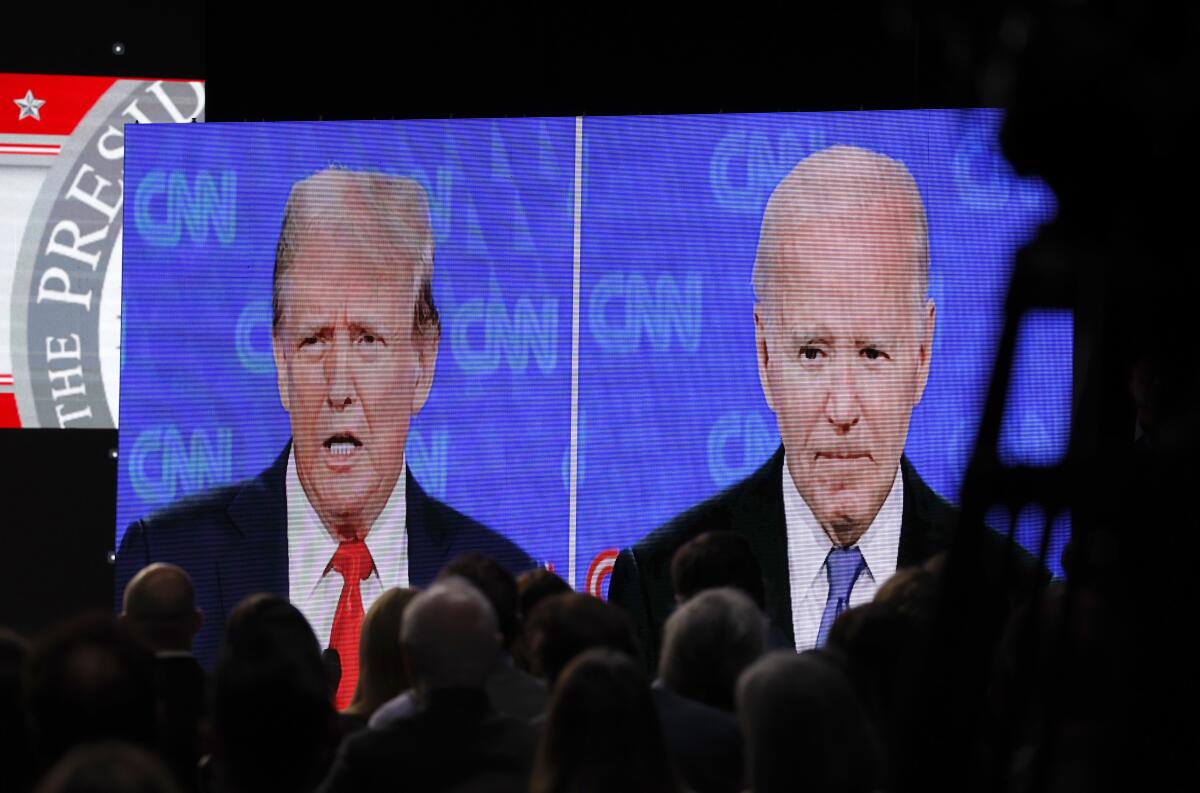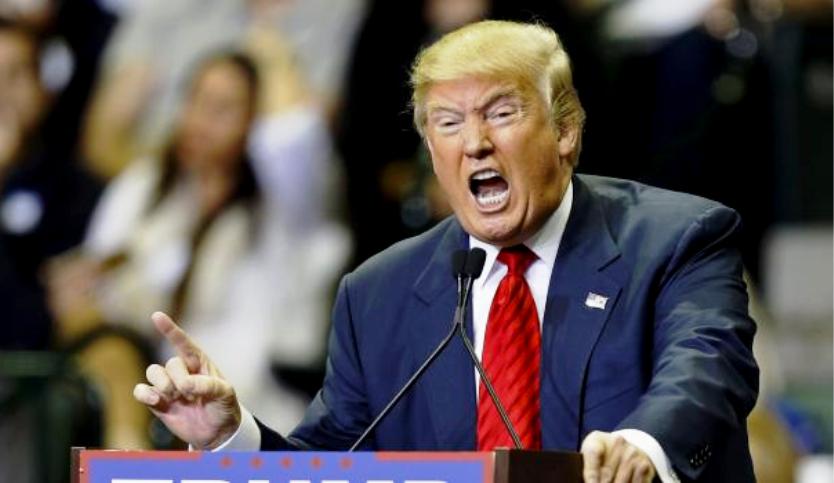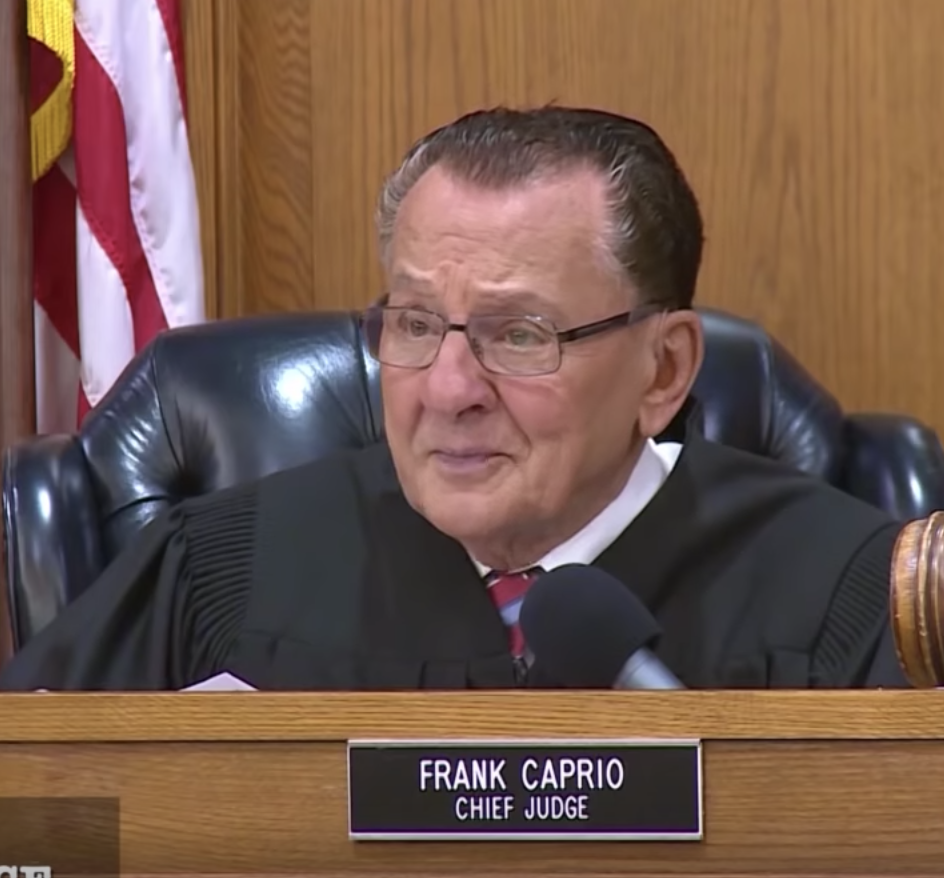Thanks to social media, millions have viewed the dramatic video of Dr. David Dao being forcibly removed from a United Airlines flight in order to make room for a United employee who was scheduled to work a flight at a connecting airport. (It’s interesting to read the reasoning in dragging a paying passenger from the plane for a United employee.)
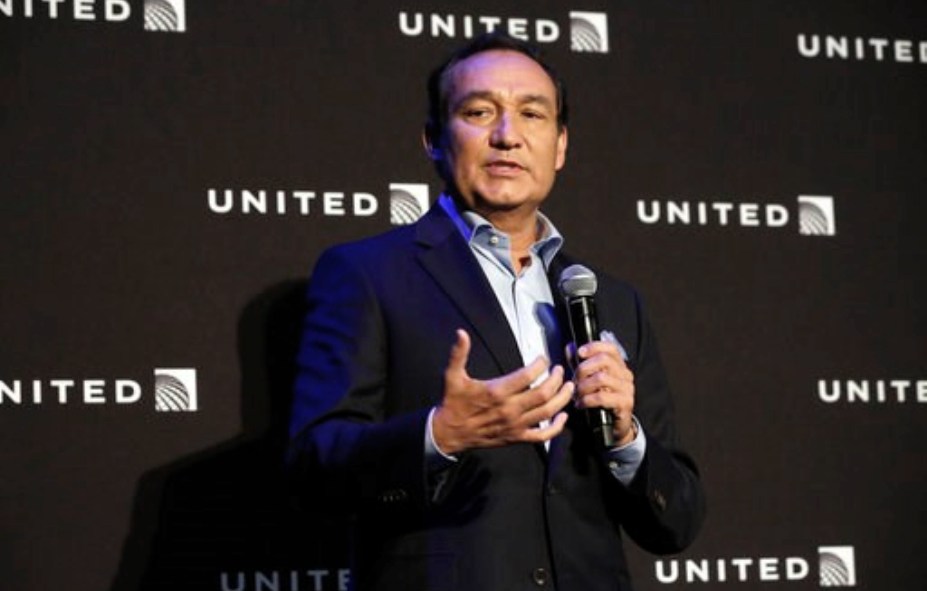
Dao is planning to file a lawsuit against the airline regarding his removal in which he suffered a concussion, broken nose and two lost teeth.
CNN reported (Apr. 14), that Dao’s attorney, Thomas Demetrio said, “ ‘If you’re going to eject a passenger, under no circumstances can it be done with unreasonable force or violence. That’s the law,’ he said. ‘For a long time, airlines — United, in particular — have bullied us. … We want respect and we want dignity. That’s it. Not a big deal.’ ”
“The attorney further said that Dao had conveyed to him that ‘being dragged down the aisle was more horrifying and harrowing than what he experienced in Vietnam’ when he was on a boat after the 1975 fall of Saigon.”
“Since then,” ABC Australian News reports (Apr. 12), that “Oscar Munoz, CEO of United’s parent company, has scrambled to contain the damage to the carrier’s reputation. Despite making three apologies over the incident, online petitions calling for Mr. Munoz’s resignation have attracted tens of thousands of signatures.
“The huge online backlash has seen United Continental Holdings Inc’s stock price from fall from $73.80 on Friday to $69.93 at Wall Street’s close on Wednesday. …
“Public Relations Institute of Australia president Jennifer Muir said the whole fiasco could have been avoided if United Airlines had apologized immediately. …
“ ‘Instead, Mr. Munoz issued a poorly executed statement a full day after the video went viral. ‘His apology didn’t adequately match the seriousness of what was portrayed in the video. He didn’t understand how the video was being received,’ she said.
“In a second statement issued to staff, Mr. Munoz referred to Mr. Dao as ‘disruptive and belligerent’ and in a third statement, offered his ‘deepest apologies for what happened.’
“ ‘In delicate situations of issues management, people read into every word you use and people have to be very careful about which ones they choose,’ Ms Muir said.
Writing, What Leaders Can Learn from the United episode for the Gallup Organization (Apr. 18), Ed O’Boyle says, “In the aftermath, and as tempers cool, it’s important for business leaders to understand what inspired the outrage and why so many people rallied to the passenger’s side. I see three causes:
- “As consumers, we have all felt a lack of control over one situation or another — particularly those of us who fly frequently — and could easily imagine ourselves in that situation
- “Low engagement among airline customers in general and probably among United fliers in particular
- “A complete lack of any empathy from United leaders just after the incident — that is, until public outcry and stock declines caused them to reconsider their original position
“What I find interesting is that this incident comes at a time when more companies are professing that they want a culture of customer centricity. In fact, in February of this year, United proudly announced its ‘Shared Purpose’ initiative, which defines what they desire to be — and it’s unintentionally laughable now.
“The company’s Shared Purpose is: Connecting people. Uniting the world. Well, it has definitely united the world — against it. And one of United’s ‘Shared Values,’ We Fly Friendly, has become a punchline.
“I’m sure many executives reading this also have similar purpose or mission statements about what their company is and what it aspires to be. But what should leaders do today to ensure their company is actually ‘living’ its purpose?
“Analyze what your customers are saying about you right now. Look at your social media pages, complaints and customer data for recurring themes that are inconsistent with your aspirational purpose. Act quickly to fix the problems that can be easily addressed, and then prioritize the rest.
“Ask your people for ideas on how to ensure you are being customer centric. One client of mine asked for suggestions and received over 900 submissions for improvement ideas. Again, act on the ideas that can be easily addressed, and prioritize the rest.
“Conduct a full audit of rules. Then use predictive analytics to determine which rules are least customer centric and assess the impact of changes to those rules.
“These actions, if taken now, signal to employees and customers that leaders take their company purpose and organizational culture seriously — and that they aren’t just words on a website, but rather the way leaders expect everyone in their organization to act.”
While companies frequently judge themselves by their mission statement and past record, ultimately, they are judged by their last worst act.
All NEW: Let’s Be Honest — More Cowbell Edition
Comments


